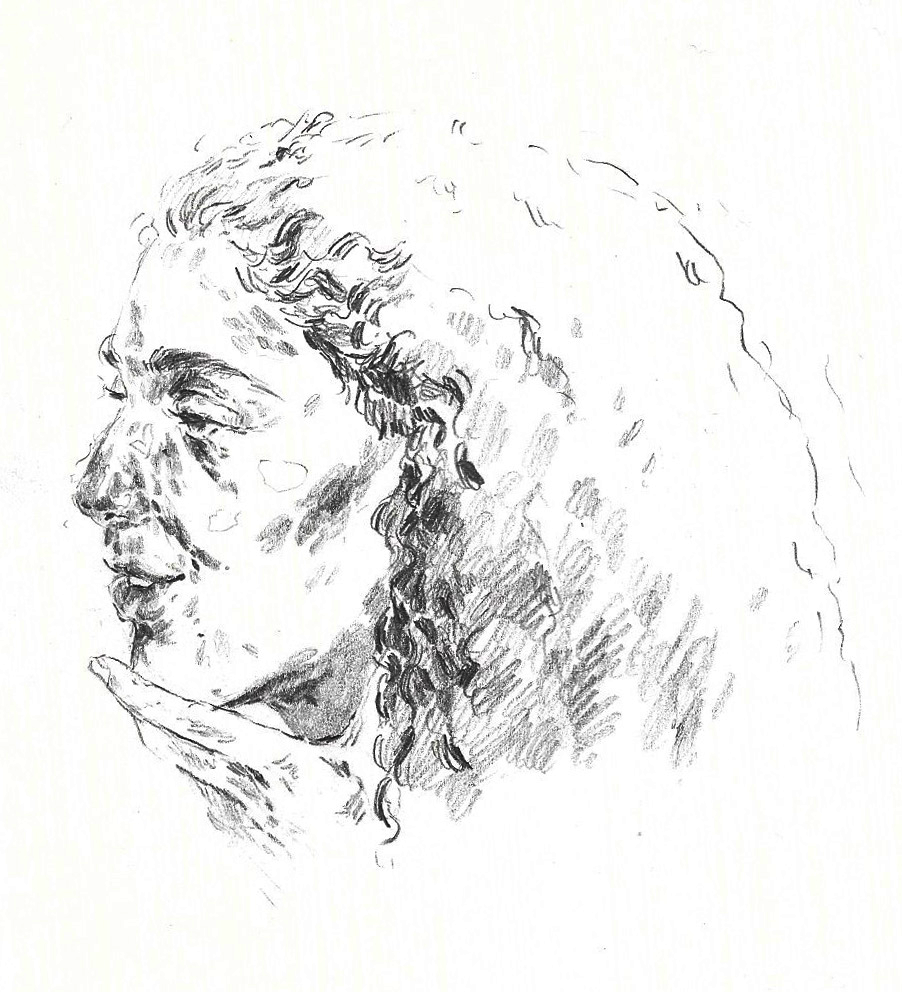Imagine you’re in a fast food restaurant,” begins Mary Pattillo, author, sociologist, and professor at Northwestern University. “The menu includes a hamburger, a chicken sandwich, and a fish sandwich. You wait in line, get to the counter, and say, ‘I’d like a hamburger, please.’ ”
When the restaurant employee says they’re out of both hamburgers and your second choice, fish sandwiches, the customer reluctantly says, “Okay, then I guess I’ll have the chicken sandwich.”
“Is that a choice?” Patillo asks the audience.
The same question underlies Pattillo’s most recent study, “Everyday Politics of School Choice in the Black Community,” published by the Du Bois Review in March and the subject of this sold-out installment of both the Chicago Humanities Festival and Karla Scherer Endowed Lecture Series at the University of Chicago. In the study, Pattillo sought to identify the degree of control, empowerment, and agency parents actually had in choosing a school.
Pattillo interviewed parents of children enrolled at “Neighborhood High”—a neighborhood high school—and “Charter High,” an area charter school in an unnamed, predominantly African American neighborhood on the South Side. Both sets of parents fell into low-income categories, but “Charter High” parents tended to have higher incomes and more access to important resources like strong religious communities or ownership of cars.
Both groups of parents sought safe, structured, and practical school environments that would cater to their children’s needs, like college prep or support for developmental disabilities. Overwhelmingly, parents described a lack of control in whether or not their children enrolled in a school that actually fulfilled those needs. A Charter High mother described an experience not unlike the hypothetical that Pattillo began the lecture with. “I was just looking at the schools that I might wanna consider out of, you know, the lesser of the evils because I didn’t like any of ‘em. But I’m like, well, out of these I have to pick something.”
Only nineteen percent of Neighborhood High parents said they electively chose the school. The majority were enrolled after other options fell through, or due to proximity. Many of the guardians felt misinformed about options, frustrated by a lack of communication and restricted by a slew of external obstacles, including cost and time of transport, health issues, and difficulties with entrance exam competency for more selective schools.
Pattillo’s experience as a founding board member of Urban Prep Academies, a charter school with three campuses on the West and South Sides, was one of her primary motivations for this research. Through this work, Pattillo gained exposure to the competitive education model in Chicago, which she now sees as an obstacle to progress. “The problematic part of the competition ideology is that as schools die, the students die with them,” she said. “And our acceptance of the idea that schools might die while they have students in them, I think, is problematic.”
Pattillo’s research also focused on the idea of “empowerment,” defined by “access to and responsiveness of state institutions to parents making choices,” and whether or not “parents have an alternative to voice in placing their children in high schools.” Empowered parents, she argues, have both decisive influence and political access, but should not be deemed fully responsible for their children’s educational outcomes. Instead, much of that responsibility should lie within CPS authorities themselves. She stressed the need to either increase the options available to students in South Side or West Side neighborhoods or raise the quality of existing neighborhood schools. Pattillo lauded the activists who engaged in a thirty-four-day hunger strike in September in defense of Dyett High School, saying organizing represents a critical step in achieving these end goals. But she acknowledged that not all communities can orchestrate such drastic protests.
In more affluent neighborhoods, however, where default schools are typically of higher quality, Pattillo noted that families do not have to face the burden of school choice. “The choice that they exercise is enabled by resources that the families I interviewed do not have,” she said. In this way, choice becomes more of a social disadvantage: “Because choice relies on those circumstances, it often exacerbates inequality as opposed to ameliorating it.”
A Neighborhood High mother who had discarded other options when she considered that her learning-impaired child would have to commute by himself said, “I know that he has different issues of learning and knowing his way. I know Neighborhood. I could walk him several times and he would know his way backwards and forwards. That [way] he could go to school by himself.”
It was the choices faced by parents like this mother that Pattillo had in mind in explaining her confusion over a promotional postcard that featured a picture of an Urban Prep student and the school’s principal. “A quality education isn’t a privilege, it’s a choice,” the card said.
“I thought the sentence that it used to inspire support for education was an easy, fill in the blank exercise,” Patillo remarked. “ ‘A quality education isn’t a privilege, it’s a right.’ But today the mantra is different.”

